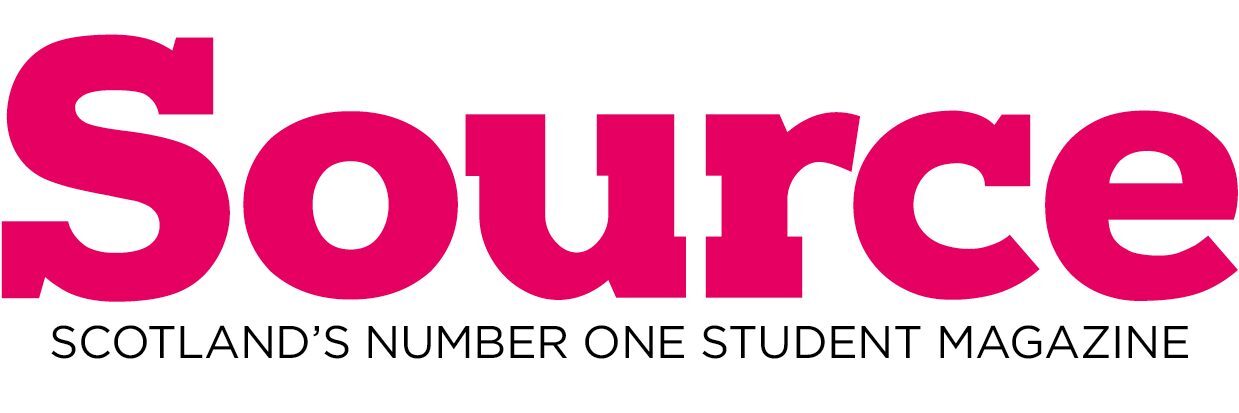
These days, alcohol is almost an unavoidable part of young people’s lives. Whether you like it or not, social occasions tend to revolve around the consumption of large quantities of it and ‘a night out’ consists of getting drunk (causing a scene, sending inappropriate Snapchats, eating your weight in kebab meat, etc).
There’s no harm in enjoying alcohol responsibly but unfortunately Britain has an extremely irresponsible drinking culture where people feel pressured to get drunk as quickly as possible – which can have disastrous consequences.
So what actually happens in your body when you drink alcohol?
After you have a sip of your pint of lager or vodka cranberry, alcohol enters the bloodstream through your stomach and small intestine. It then travels to the brain where it causes a number of reactions. It causes feel-good dopamine receptors to be released and links up with nerve receptors which cause the drinker to feel calm. This is where the term ‘Dutch courage’ comes from – alcohol makes you feel more relaxed and capable of things you thought were previously impossible.
Alcohol is processed by the liver and an ounce of alcohol can be metabolised (broken down) in sixty to ninety minutes. When the liver is unable to keep up with the amount of alcohol entering the body, signs of drunkenness will start to show…
- Blood vessels dilate which increases blood flow, raising your temperature. Some people can experience heat flushes on their face and body.
- Alcohol is a depressant which means it slows down your central nervous system therefore your bodily functions like reaction time and coordination. That’s why you end up stumbling and staggering and why police ask drivers to try and walk in a straight line.
- Vision can become impaired leading to mistaken identities, times, locations and more.
- Since your brain function is slowed, it becomes harder to thinking clearly and make good decisions – like choosing to get a taxi instead of walking home barefoot.
Alcohol and weight gain
A pint of beer contains as many calories as a packet of crisps, and five pints a week can add up to 221 donuts per year! It’s no secret that alcohol contains lots of starch and sugar and you may think liquids are harmless but binge drinking can be just as harmful to the waistline as binge eating. An ounce of alcohol contains seven calories per gram, almost as much as a gram of fat. And people usually drink mixers with spirits which bumps up the calorie content. On top of that, drinking increases your appetite hence that urge for a burger the size of your head at 3am when you’re actually full from drinking all night. To add insult to injury you tend to crave salty, sugary garbage in the morning which means you’ll opt for a fry-up instead of a bowl of cereal, adding on average 450 calories.
Tips to avoid getting too drunk and gaining weight:
- Stick to your recommended units. For men this is no more than 3-4 per day and for women it’s no more than 2-3. To put this in perspective – a pint or a large glass of wine contain 3 units.
- Try to alternate alcoholic drinks with non alcoholic ones.
- Don’t drink on an empty stomach. With no food in the stomach, alcohol passes straight into the bloodstream and effects you quicker.
- If you have to eat something, go for a sandwich instead of chips and cheese – your stomach will thank you for it.
- Don’t feel pressured to do rounds, this can will make you drink quicker than you want,
What is a hangover?
A hangover describes the symptoms you feel the next day when the pleasant effects of alcohol have worn off. Alcohol increases the amount your body expels fluid (which means more peeing and sweating) and due to this you crave it the next day. Whilst water deficient, the body steals water from the brain, causing it to decrease in size and pull on the membranes which attach it to the skull. This hurts, which is why you have banging headache. Alcohol irritates the stomach which is why you feel nauseated. On top of this your emotions can be all over the place, with fear, guilt, anxiety and embarrassment about the events from the night before at the forefront of your mind. Hopefully you can laugh it off and try to avoid those mistakes ever again, but sometimes drunken mistakes can teach serious life lessons – and nine times out of ten, the night before really isn’t worth the physical or emotional side effects.
What is the worst that can happen?
A flood of alcohol (I litre or 2 pints) of spirits or four bottles of wine can depress brain function so significantly that it fails to send crucial signals to the body, such as the those that control heart rate and breathing. People die from alcohol poisoning (or acute intoxication) because they pass out and the brain doesn’t remind their bodies to breathe. What can also happen is that their gag reflex isn’t working as it should to remove the alcohol, so they breathe instead of being sick, inhaling their own vomit and essentially drowning in it.
Alcohol can be enjoyed responsibly so if you are drinking? Be safe, know your limits and if you are worried about a friend, always seek help because they may be vulnerable. Don’t be afraid to call an ambulance for help if things do get out of control.

